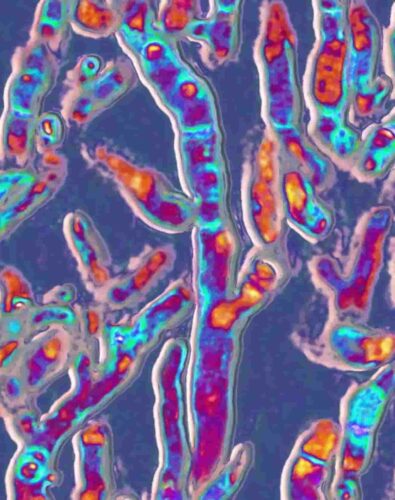The rise of infectious diseases is exacerbated by global anthropogenic environmental changes, which are deeply intertwined with socioeconomic and ecological factors. Biodiversity loss, climate change, chemical pollution, and the introduction of non-native species are linked to increases in infectious disease-related outcomes.
Climate change, combined with global mobility and urbanization, is significantly influencing the distribution of vector-borne, food-borne, and water-borne diseases. For instance, dengue virus infections have doubled every decade since 1990, with other mosquito-borne diseases like chikungunya and Zika experiencing similar trends. These vector-borne diseases are particularly sensitive to environmental changes, with human activities such as urban expansion, infrastructure development, and agriculture serving as key predictors of their occurrence.
Deforestation has also been linked to the increase in the spread of mosquito-borne diseases. Warm, partially shaded pools that form beside roads seeping into forests, and puddles behind debris where water is no longer absorbed by trees, provide optimal breeding grounds for these mosquitoes.
The distribution of malaria-carrying mosquitoes has shifted substantially. Anopheles mosquitoes have expanded their range over the past century, moving over 500 kilometers southward and 700 meters up in altitude, driven by changes in rainfall, temperature, and humidity.
Bacterial infections are also becoming more prevalent due to climate change, deforestation, and pollution. Vibrio bacteria, found in coastal waters, are thriving under conditions shaped by rising sea temperatures and altered salinity levels. These bacteria can cause severe illnesses, ranging from gastroenteritis to life-threatening cholera and sepsis.
Addressing these challenges requires comprehensive strategies that tackle their root causes. Reducing greenhouse gas emissions, maintaining healthy ecosystems, preventing the spread of invasive species, and conserving biodiversity are essential measures to lower disease risks. When combined with efforts to improve social and economic conditions, these actions can significantly mitigate the growing burden of infectious diseases.



